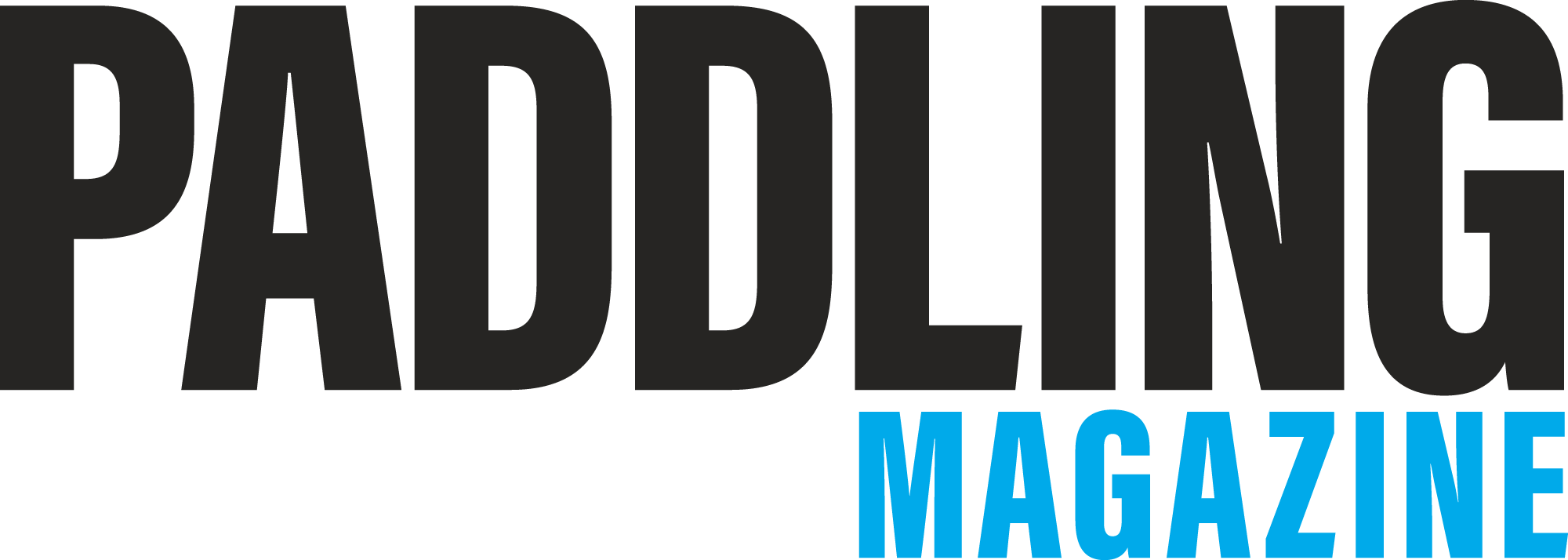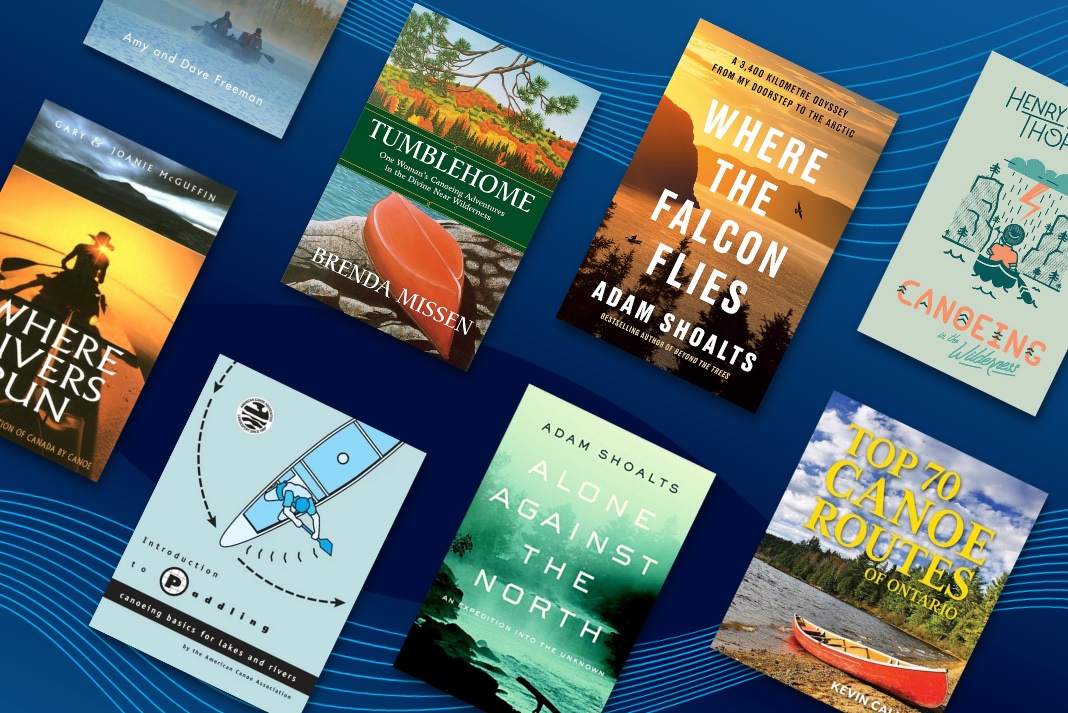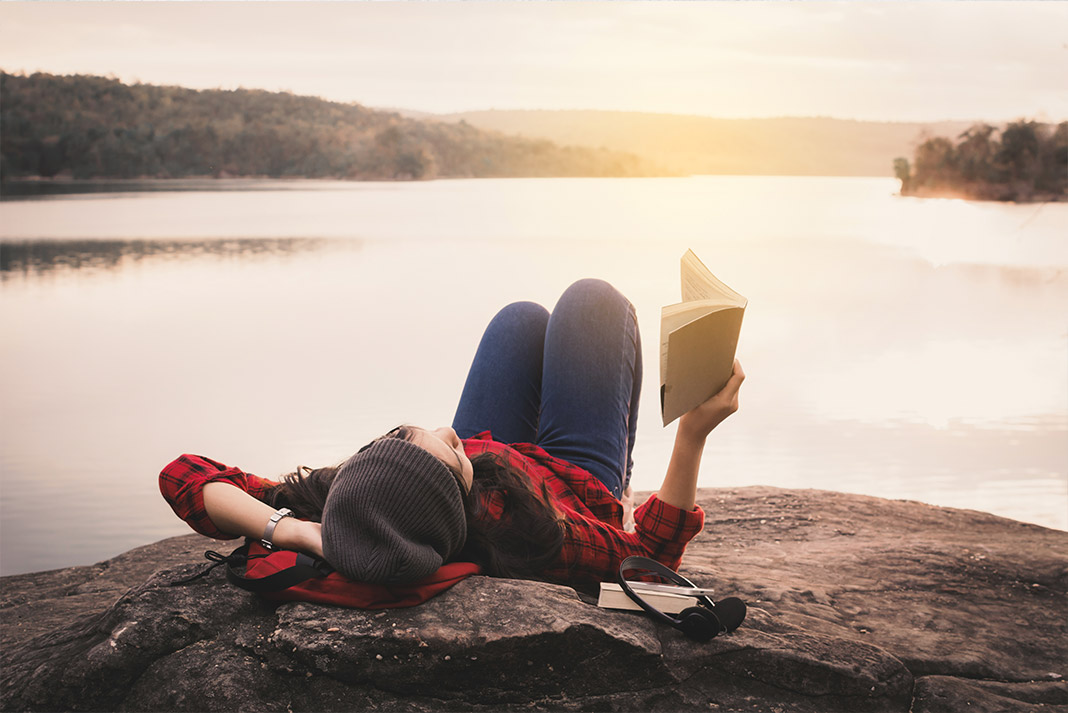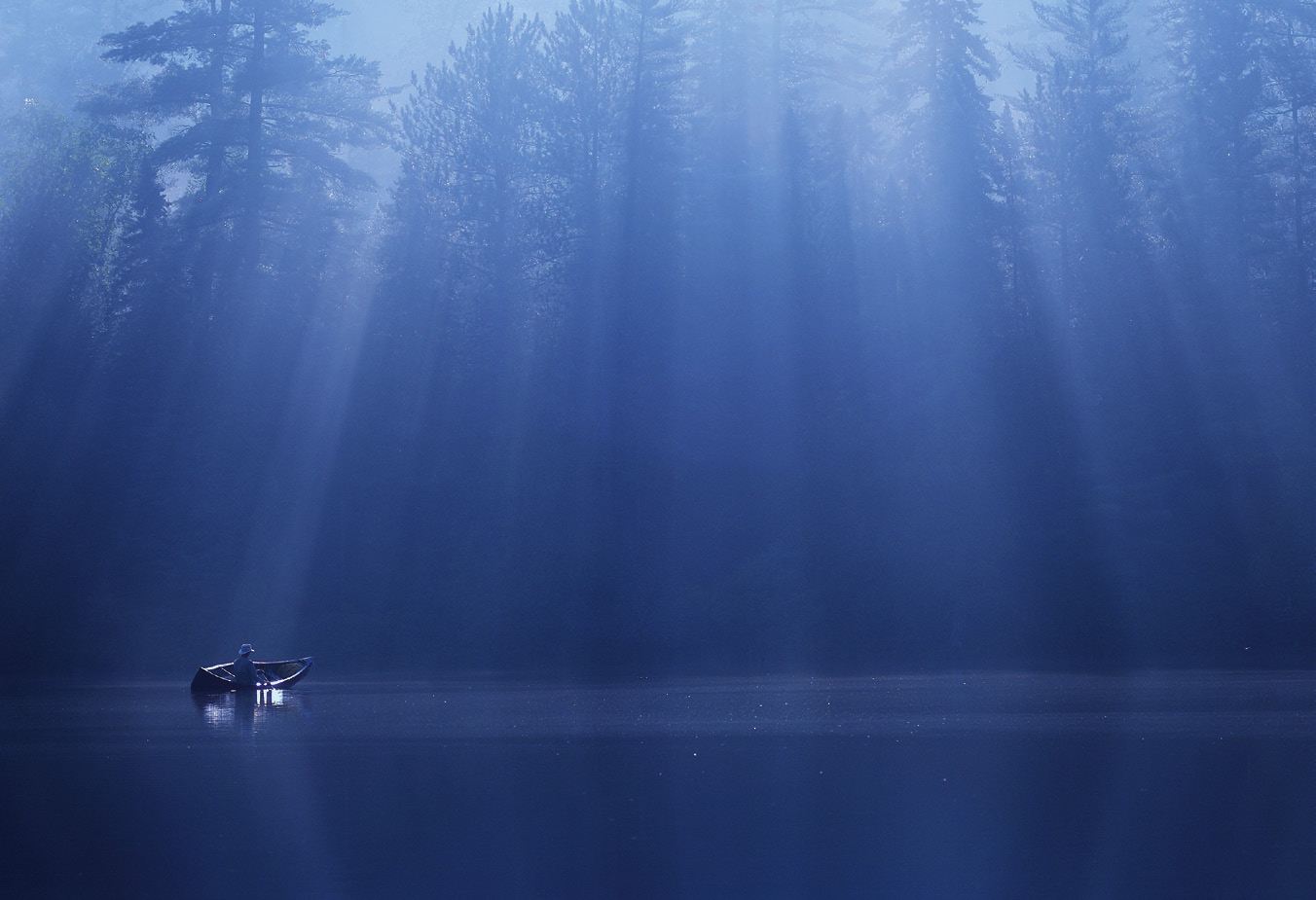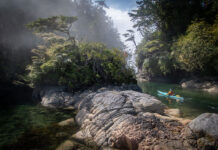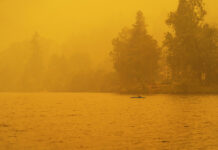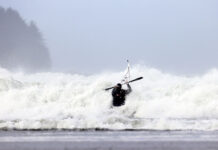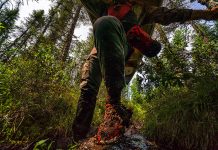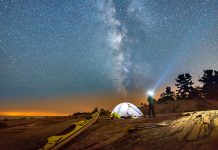Bobbing in steep cross-swell and watching the wind blow liquid smoke off of the tops of waves, we don our helmets and buckle down for four miles of grunting into a headwind on an exposed crawl to Island 48. With cliffs to leeward, there’s little margin for error. But it could be worse, I think to myself. I could have nothing to read when I get there.
Bibliophilia: Bringing the right book on trip
When I pack for long trips, I have my gear wired; packing takes a few minutes. I grab paddles, tents, sleeping bags, medical kits, headlamps, and dry bags off of shelves. Food comes out of a pre- dehydrated stash and goes in a bear-proof bag, and the kayak goes on the car. But there’s one piece of gear I agonize over, ask friends for ideas on Facebook, and bring three different options just in case, only to leave two in the car at the last moment.
Most kayaking trips have bad weather days, or times when currents have you stuck in camp. These can be relaxing and joyous, or can involve a stressful and impatient when-will-the-wind-ease, should-we-push-on? pacing back and forth on the beach, trying to convince the group that it’s okay to paddle when you know full well it isn’t. The difference between the two comes down to gear. Specifically, whether or not you brought the right book.
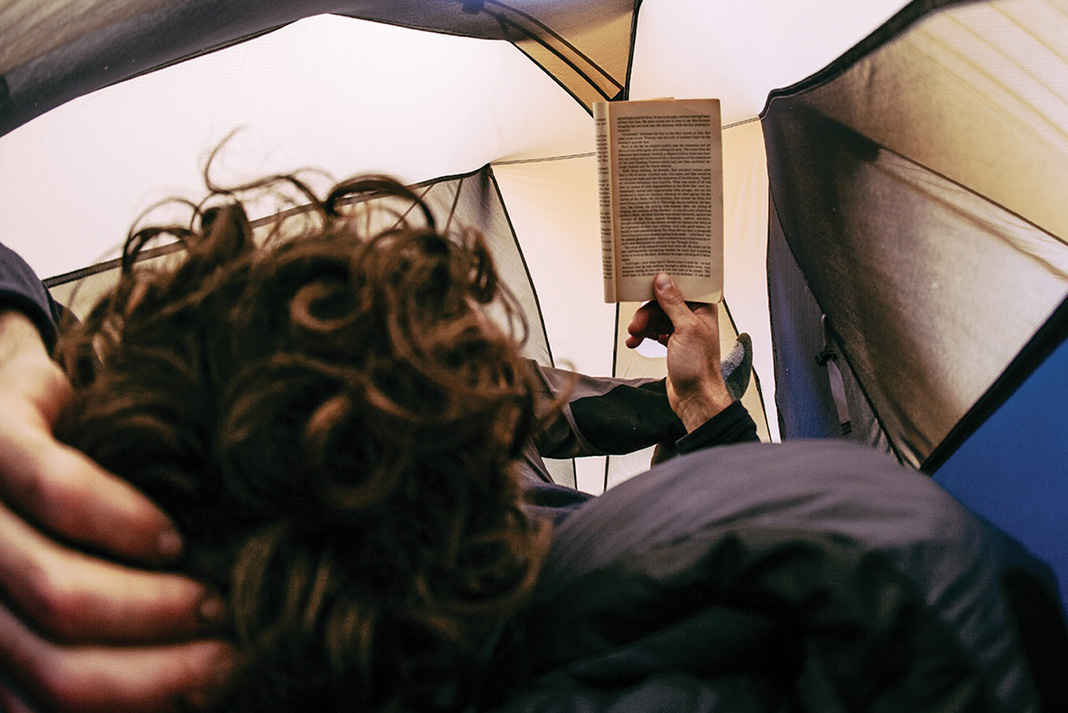
The dangers of being book-less
I’ve learned the consequences of bad planning the hard way. One trip on British Columbia’s Central Coast had 30-knot afternoon winds, so we had to get all our paddling done before 1 p.m. each day. With lots of time in camp, I finished my thick but fast-moving adventure novel by day five of 12 (the whisky was gone soon after). Fortunately, my buddies bailed me out, and I read two of their books on the rest of the trip.
During a three-day, 950-millibar low in the Broughtons, a friend kept tapping on my tent fly, asking me if I wanted to help build a sweat lodge or have a campfire-building contest in the rain. The only book he’d brought was a pamphlet of knots, and he’d already worked through those.
Once, when the VHF signaled a one-day storm a-coming, a biblio-challenged person in the group convinced the rest of the crew to bail and seek a motel room. I had been looking forward to curling up with a great biography of an eccentric marine biologist. Motels were full, so we ended up camping in the rain anyway—without the time to read, or the wild setting, and at $29 per tent.
On another trip, one person wanted to add yet another windy crossing to a 17-mile day with a tired group. It wasn’t a coincidence that they hadn’t brought anything to read, so they got antsy while the rest of us happily flopped on the beach. Being bored in camp can impact our go/no-go judgment as much as conditions or fatigue. I’ve come to fear having nothing to read more than a tough surf landing.
I’m the first to admit my camping bibliophilia is also a bit odd. Books provide an escape, but aren’t we already escaping? I go on extended trips for many reasons, but high on the list is the chance to sit still and watch the tide rise and fall, or watch the light play on canyon walls. More stimulation may be precisely what we don’t need. During one trip down the Grand Canyon, a friend and I made a ritual of sitting on the beach, feet in the river, books in our laps. At the end of the trip, someone finally called our bluff—I’d barely read a chapter the whole time.
What makes the perfect tripping book?
As gear, books are hard items to select. They need to be substantive enough to last through a long trip, but not so dense that they’re no fun. But meaty books (and most library books) are hardcover, heavy, and don’t pack into the tight spaces of kayaks. Thick, easy reads, like Steven King novels or the latest spy thriller look good—until you realize you’ve exhausted two-thirds of your ration in the first lazy afternoon. Tempting as it may be to cram a whole bunch of books onto an e-reader, I don’t want my books running out of batteries. And camping is a way to get away from screen time, not indulge in more of it.
I’ve decided that the sweet spot is often the classics that I avoided reading in school. They fit the packing guidelines: cheap, soft, and meaty enough to last a long trip. Many are fun to read, now that you don’t have to write a paper about their symbolism. The downside is that your friends will give you a hard time. I caught a lot of flak for being sprawled on a beach log with a flask of bourbon and a copy of Moby-Dick. That is, until a whale spouted in the bay a few minutes later. And, like eyeing a tough move in a rock garden, you can overreach. No matter how hard I tried, I couldn’t make it through One Hundred Years of Solitude.
The right book can also connect us to the place. There’s undeniable magic in reading John Wesley Powell’s journal on the banks of the Colorado, listening to the roar of unseen rapids downstream. Richard Manning or Tim Palmer’s writings on the Northwest coast are ideal companions for any paddling trip between the Columbia River and Kodiak Island. Some books have even had a formative impact on my life. As a teenager, I spent a summer in Utah’s canyon country, along with a copy of Edward Abbey’s Desert Solitaire. The trip inspired my move out West, my career in environmental conservation, and my love of wild places. I don’t remember what kind of tent I slept in, what boat I paddled, or what pack I humped down the desert canyons. But I sure remember what I read.
As Groucho Marx said, “Outside of a dog, a book is a man’s best friend. Inside a dog it’s too dark to read.” It’s time to add one more to the list of essentials. Choose with care.
Neil Schulman paddles, writes and reads in Portland, Oregon. He’s currently collecting suggestions for a book for a three-day trip down the Columbia River.
“Books don’t offer real escape, but they can stop the mind from scratching itself raw.” —David Mitchell | Feature photo: Ryan Creary

